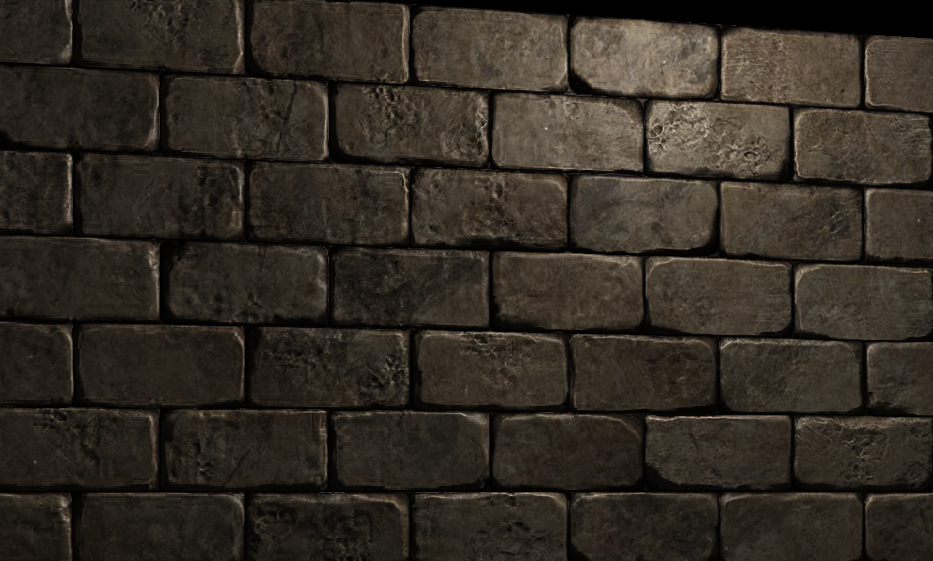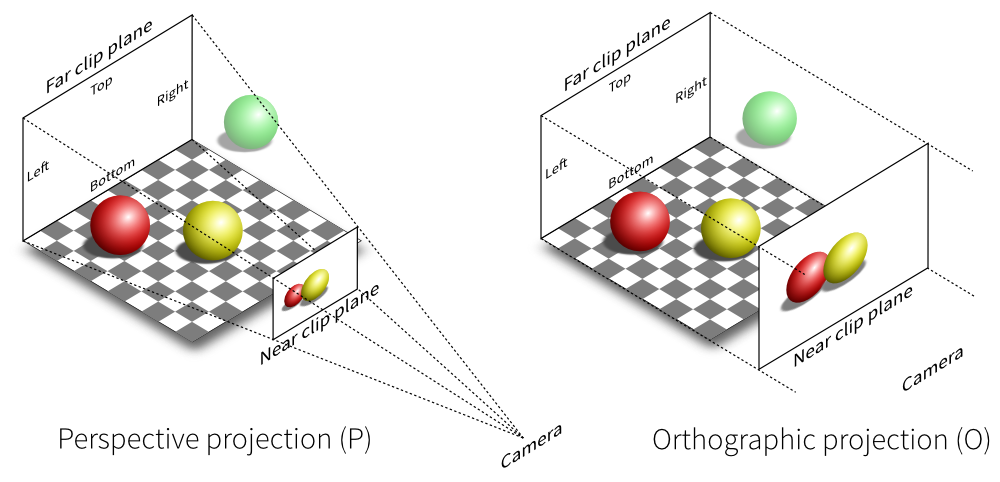1
2
3
4
5
6
7
8
9
10
11
12
13
14
15
16
17
18
19
20
21
22
23
24
25
26
27
28
29
30
31
32
33
34
35
36
37
38
39
40
41
42
43
44
45
46
47
48
49
50
51
52
53
54
55
56
57
58
59
60
61
62
63
64
65
66
67
68
69
70
71
72
73
74
75
76
77
78
79
80
81
82
83
84
85
86
87
88
89
90
91
92
93
94
95
96
97
98
99
100
101
102
103
104
105
106
107
108
109
110
111
112
113
114
115
116
117
118
119
120
121
122
123
124
125
126
127
128
129
130
131
132
133
134
135
136
137
138
139
140
141
142
143
144
145
146
147
148
149
150
151
152
153
154
155
156
157
158
159
160
161
162
163
164
165
166
167
168
169
170
171
172
173
174
175
176
177
178
179
180
181
182
183
184
185
186
187
188
189
190
191
192
193
194
195
196
197
198
199
200
201
202
203
204
205
206
207
208
209
210
211
|
#include <bits/stdc++.h>
namespace IO {
inline char read() {
static const int IN_LEN = 1000000;
static char buf[IN_LEN], *s, *t;
s == t ? t = (s = buf) + fread(buf, 1, IN_LEN, stdin) : 0;
return s == t ? -1 : *s++;
}
template<class T>
inline void read(T &x) {
static char c;
static bool iosig;
for (c = read(), iosig = false; !isdigit(c); c = read()) {
if (c == -1) return;
c == '-' ? iosig = true : 0;
}
for (x = 0; isdigit(c); c = read())
x = (x + (x << 2) << 1) + (c ^ '0');
iosig ? x = -x : 0;
}
const int OUT_LEN = 1000000;
char obuf[OUT_LEN], *oh = obuf;
inline void print(char c) {
oh == obuf + OUT_LEN ? (fwrite(obuf, 1, OUT_LEN, stdout), oh = obuf) : 0;
*oh++ = c;
}
template<class T>
inline void print(T x) {
static int buf[30], cnt;
if (x == 0) {
print('0');
} else {
x < 0 ? (print('-'), x = -x) : 0;
for (cnt = 0; x; x /= 10) buf[++cnt] = x % 10 | 48;
while (cnt) print((char)buf[cnt--]);
}
}
inline void flush() {
fwrite(obuf, 1, oh - obuf, stdout);
}
}
static const int MAXN = 100010;
static struct Point {
int x, y;
Point(int x = 0, int y = 0) : x(x), y(y) {}
} p[MAXN];
bool flag;
#define long long long
template<typename T>
static inline T square(const T &x) {
return x * x;
}
static inline bool cmp(const Point &p1, const Point &p2) {
return flag ? (p1.y < p2.y || (p1.y == p2.y && p1.x < p2.x)) :
(p1.x < p2.x || (p1.x == p2.x && p1.y < p2.y));
}
static inline bool getSplit(int l, int r) {
register double vx = 0, vy = 0;
register double ax = 0, ay = 0;
for (register int i = l; i <= r; i++) ax += p[i].x, ay += p[i].y;
ax /= r - l + 1, ay /= r - l + 1;
for (register int i = l; i <= r; i++)
vx += square(p[i].x - ax), vy += square(p[i].y - ay);
return vx < vy;
}
class PriorityQueue :
public std::priority_queue<long,
std::vector<long>, std::greater<long> > {
public:
inline void resize(const int n) {
c.resize(n);
}
} a;
PriorityQueue q;
struct Node {
Node *c[2];
int kind;
Point p, r1, r2;
Node(int kind = 0) : kind(0), c() {}
Node(int kind, const Point &p) : kind(kind), p(p), r1(p), r2(p), c() {}
inline void *operator new(size_t) {
static Node pool[MAXN], *cur = pool;
return cur++;
}
inline void maintain() {
if (c[0]) {
r1.x = std::min(c[0]->r1.x, r1.x);
r1.y = std::min(c[0]->r1.y, r1.y);
r2.x = std::max(c[0]->r2.x, r2.x);
r2.y = std::max(c[0]->r2.y, r2.y);
}
if (c[1]) {
r1.x = std::min(c[1]->r1.x, r1.x);
r1.y = std::min(c[1]->r1.y, r1.y);
r2.x = std::max(c[1]->r2.x, r2.x);
r2.y = std::max(c[1]->r2.y, r2.y);
}
}
inline long heuristic(const Point &p) {
return std::max(square<long>(r1.x - p.x), square<long>(r2.x - p.x)) +
std::max(square<long>(r1.y - p.y), square<long>(r2.y - p.y));
}
} *root;
inline Node *build(int l, int r) {
if (l > r) return NULL;
register int mid = l + r >> 1;
flag = getSplit(l, r), std::nth_element(p + l, p + mid, p + r + 1, cmp);
Node *o = new Node(flag, p[mid]);
o->c[0] = build(l, mid - 1), o->c[1] = build(mid + 1, r);
return o->maintain(), o;
}
inline long dis(const Point &a, const Point &b) {
return square<long>(a.x - b.x) + square<long>(a.y - b.y);
}
int cur;
inline void query(Node *o) {
register long d = dis(o->p, p[cur]);
if (d > q.top()) q.pop(), q.push(d);
register long l = (o->c[0] ? o->c[0]->heuristic(p[cur]) : 0);
register long r = (o->c[1] ? o->c[1]->heuristic(p[cur]) : 0);
if (l > r) {
if (o->c[0] && l > q.top()) query(o->c[0]);
if (o->c[1] && r > q.top()) query(o->c[1]);
} else {
if (o->c[1] && r > q.top()) query(o->c[1]);
if (o->c[0] && l > q.top()) query(o->c[0]);
}
}
inline void query(const int pos) {
cur = pos, query(root);
}
#undef long
int main() {
using namespace IO;
register int n, k;
read(n), read(k);
for (register int i = 1; i <= n; i++)
read(p[i].x), read(p[i].y);
root = build(1, n);
q.resize(k * 2);
for (register int i = 1; i <= n; i++) query(i);
print(q.top());
flush();
return 0;
}
|



